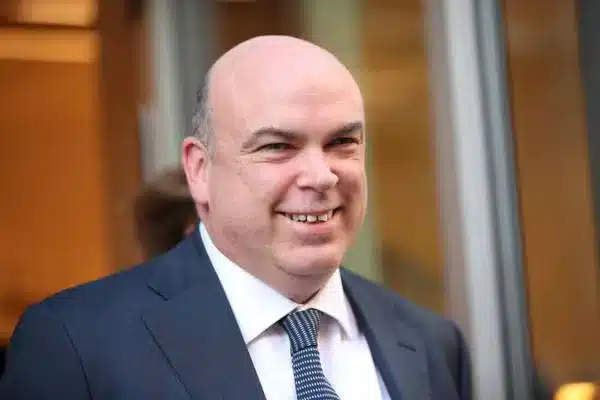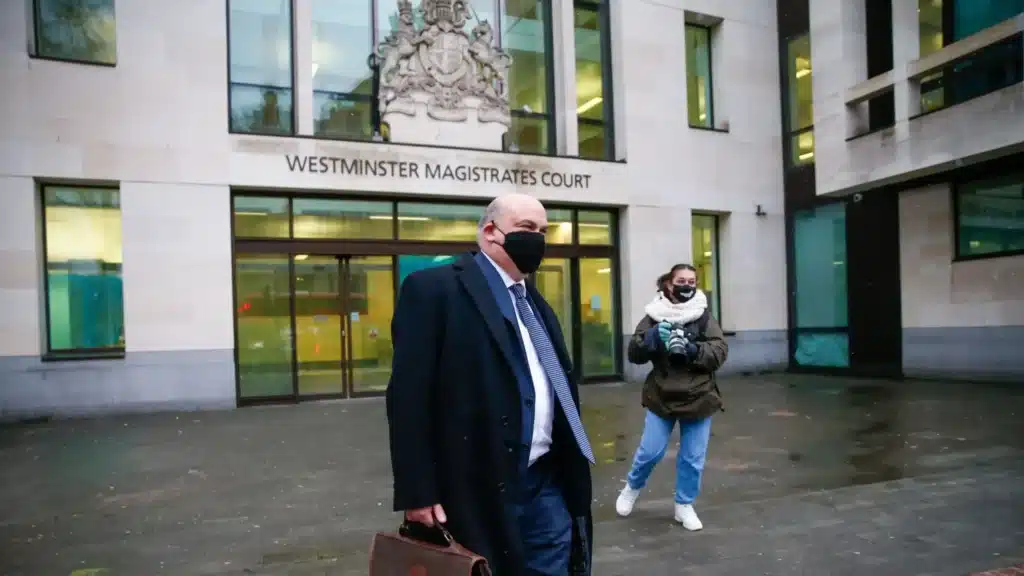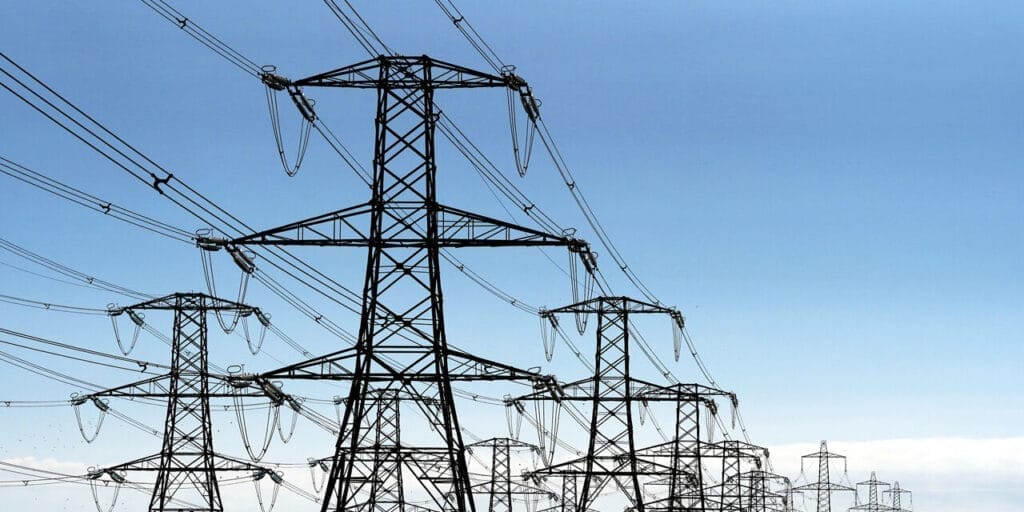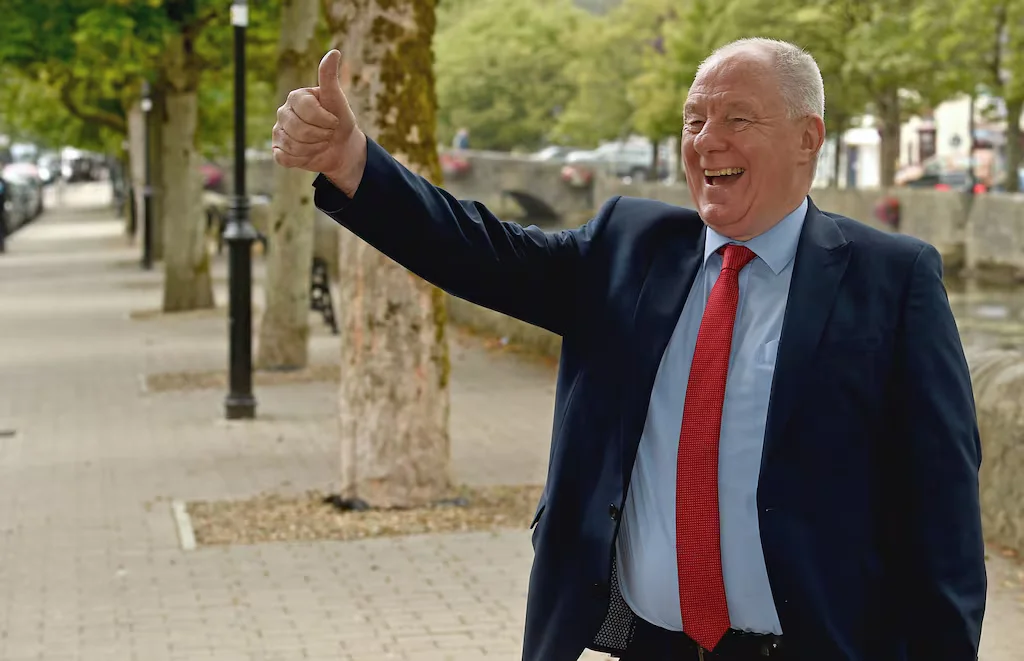UK Tech Figure Mike Lynch Faces Fraud Charges in San Francisco

Mike Lynch, once a celebrated figure in UK tech, goes on trial in San Francisco this Monday. US prosecutors accuse him of “the largest fraud in Silicon Valley history” – the falsification of Autonomy’s accounts before its $11.7 billion acquisition by Hewlett-Packard (HP) in 2011.
Lynch, who founded the software company Autonomy, is deported from the UK after a five-year legal fight. He and Autonomy’s former finance chief, Stephen Chamberlain, face 16 wire and securities fraud counts, potentially leading to 20-year sentences. These charges echo those resulting in a five-year jail term for Sushovan Hussain, Autonomy’s ex-CFO.
Defence Evidence Limited – A setback for Mike Lynch
A pre-trial setback for Mike Lynch restricts the evidence he can present. Overseeing the three-month jury trial, Judge Charles Breyer excluded several crucial arguments that his attorneys intended to present.
HP’s acquisition of Autonomy’s data analysis software aimed to revive the tech giant. However, a year later, HP CEO Meg Whitman accused Autonomy’s former management of account falsification, leading to a $5 billion write-off. She later abandoned efforts to revamp HP and dismantled the company.

Mike Lynch counters by branding himself a scapegoat for Whitman’s alleged mismanagement. This puts pressure on the reputations of prominent figures in Silicon Valley, including Whitman (now US ambassador to Kenya) and Frank Quattrone, a top investment banker during the dot-com boom who facilitated the Autonomy sale.
Prosecutors aim to portray Lynch as a micromanager, controlling Autonomy’s finances and approving payments exceeding $30,000. The defence successfully blocked the prosecution from mentioning Lynch’s alleged fondness for comparing himself to James Bond villains or the piranha tank in Autonomy’s reception area.
However, the judge rejected a defence attempt to bar witness accounts comparing Autonomy to the mafia, potentially relevant to Lynch’s control over the company. The most significant blow to the defence is excluding most evidence related to the post-acquisition period, hindering efforts to redirect blame towards HP staff.
Judge Breyer questioned the relevance of accounting evidence claiming Autonomy’s financials complied with UK regulations and that the fraud case stemmed from differing accounting practices. Lynch maintains HP’s $5 billion write-off was inflated to mask its business failures.
Previous Rulings
During Hussain’s trial, HP estimated the alleged accounting discrepancies resulted in a $1.7 billion- $2.7 billion overpayment. Two years ago, a UK judge ruled in favour of HP in a civil fraud case against Lynch, although damages would be significantly lower than the $5 billion claimed.
The US prosecution’s 17th charge, alleging conspiracy to conceal the fraud, would have allowed post-acquisition evidence. However, Judge Breyer severed this charge from the trial. “A hindsight fraud does not exist,” he remarked. It was either real or it wasn’t.”
This ruling complicates Lynch’s potential testimony, which hinged on his account of taking a position at HP post-deal (something he wouldn’t have done if involved in fraud). While limited post-acquisition evidence may be permitted, the judge will heavily scrutinise it.
The charges detail how Lynch and Chamberlain allegedly inflated Autonomy’s revenues through backdated sales and “round-trip deals” where customers were compensated for fake software purchases. The charges reportedly include inflating Autonomy’s software growth by disguising hardware sales as software purchases.
Key Witnesses for Prosecution
The prosecution’s case likely rests heavily on former Autonomy personnel, including Christopher Egan (former US business head), who agreed to testify after facing charges and a deferred prosecution agreement. Joel Scott, Autonomy’s ex-US general counsel, is also expected to testify regarding Lynch’s involvement in firing a whistleblower who attempted to expose the alleged fraud.
This trial will be closely watched, potentially exposing significant wrongdoings and casting a long shadow over prominent figures in the tech industry.
LATEST NEWS
DISCOVER MORE






